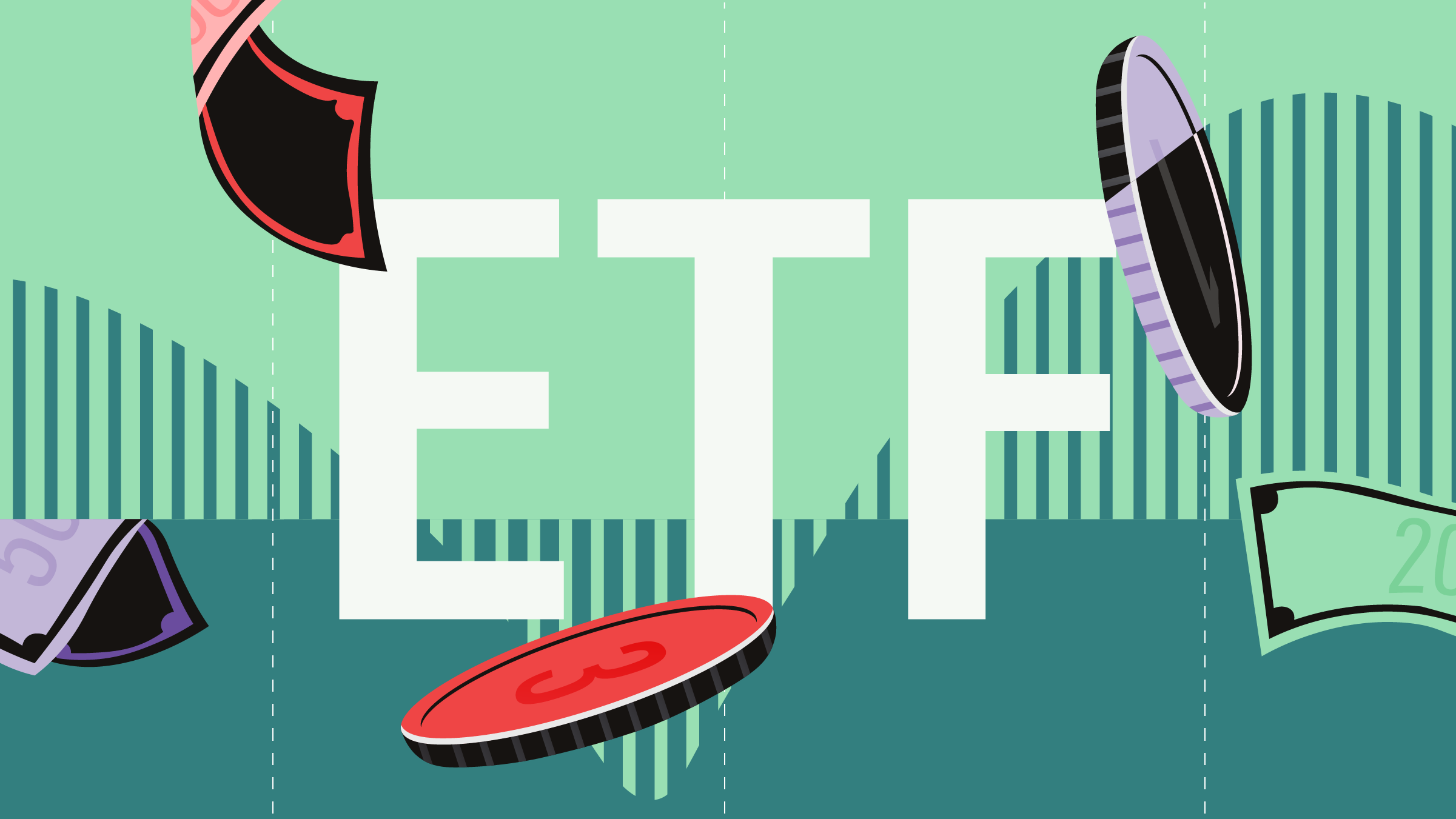
The last Canadian government budget announced that it would table legislation as early as this Spring, with a follow-up next Fall, facilitating the implementation of “open banking”, and prompting increased discussion around the topic.
Fintechs are Driving Open Banking
Also called consumer-driven banking, open banking is not yet available in Canada, but has taken hold in the U.K. and in Australia. As explained on a Government of Canada website, open banking essentially responds to pressure coming from the “fintech” sector (fintechs are software companies that develop third-party applications, or apps, mostly for mobile phones or tablets, used in the financial sector). One can understand that the U.K. would spearhead the open banking initiative because it has identified fintechs as a key development sector of its economy and created very favourable regulatory conditions for its development.
You enter open banking through a fintech application whose goal is to help you manage your finances. That app prompts you to link it to your bank accounts where it can access your financial data, and you must authorize your bank to share your data with the app. Presently, “an estimated nine million Canadians share their confidential banking credentials to service providers,” states the Government of Canada website.
This sharing happens through “screen scraping”, meaning that you provide your online banking username and password to the app provider, which uses this information “to automatically log into your bank account as if they were you.” That means you’re losing some control of your identifiers – and this is a major security issue.
“Screen scraping is very insecure and an unregulated way of sharing your information,” agrees Carl De Souza, senior vice-president, sector lead, North American financial institutions ratings, at Morningstar DBRS. The announced legislation would try to ensure security and privacy as well as implement a regulatory framework to establish who the authorized players would be and their responsibilities.
Many Advantages – On Paper
What are the advantages of open banking? “More budget management options,” De Souza answers, and an easier way to switch between banks.” One key benefit is that consumers could “monopolize” their financial information while previously, “banks monopolized this information on you,” points out Luca Lin, professor of finance at HEC Montreal. “With more competition (between financial institutions),” he adds, “things should become cheaper for consumers, with loans at a lower cost for example.” Indeed, as Lin explains, since a user will now concentrate all his information and transaction data, “he will be able to pledge them as collateral signalling that he’s a good borrower,” and thus negotiate more favourable borrowing terms. Also, the introduction of AI-assisted analysis tools could help consumers on many fronts: better budgeting, improved investment portfolio, and better loan terms.
“Open banking should make it more secure to share information, but it still carries risks, like operational risks, cyber threats, liability risks,” De Souza warns.
Paradoxical Downsides
Lin highlights a few “paradoxical” downsides. “There will always be people who are more security conscious, especially female users who are more reluctant to share data. How will institutions interpret such reluctance? Is it because of security hypersensitivity or because of a bad credit history?” That ambiguity could lead to higher fees and rates for all users who are not totally transparent.
The whole system could also end up favouring high-net-worth consumers because they are not worried about sharing their information, and disadvantage smaller players. “Who will be doing the screening and monitoring? Lin asks. If one bank does it, it will be doing it free for all the others. It won’t be able to screen out the bad players, so to protect itself, it might simply increase costs for everyone except for the truly transparent and virtuous.”
Lin points to similar unsavoury consequences that happened following the elimination by regulators of trailer fees on mutual funds. The virtuous aim of eliminating all potential conflicts of interest can result in advisors giving priority to higher-net-worth clients through fee-based accounts and neglecting smaller investors who were previously better served by trailer fees.
Not a Raving Success
In March 2021, the magazine MoneyWeek called the UK’s open banking initiative, launched in January 2018, “a great British success story” with 2.5 million citizens and businesses adopting it. Lin begs to differ. “What I see to this day is not a great success because not many people picked up on it compared to digital banking. Only 10% of citizens moved to open banking while 60% to 70% have adopted digital banking.”
The Canadian Federal government gives signs of wanting to proceed. But intentions are not reality. The reality is that “because we have a financial oligopoly in Canada, motivation is rather limited,” suggests Richard Guay, finance professor at the ESG school of business of Université du Québec à Montréal and former CEO of the Caisse de Dépôt et Placement du Québec. He recalls that the project has been shifting around in Ottawa since 2018 and “what I presently hear still sounds like what I was hearing five years ago.”
Guay makes a comparison with the U.S. where a small bank that holds only 1% of all consumer information could find it extremely motivating to have the opportunity to access the remaining 99%. “But Royal Bank, for example, already sees a lot of information on clients,” he highlights, claiming that Canada’s Big Six have more to lose by letting go of their information and having to set up the necessary IT systems. “I don’t sense a strong enthusiasm,” he quips.



















